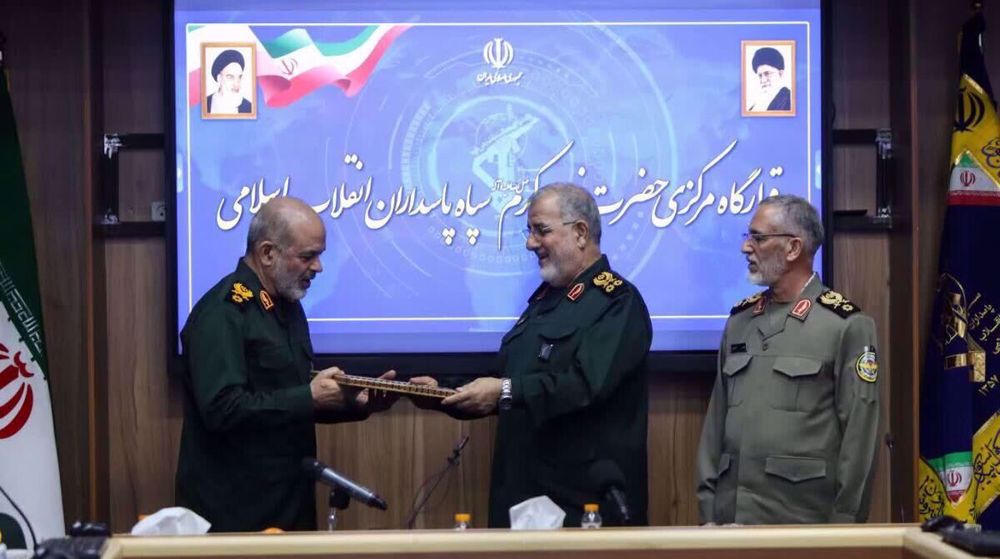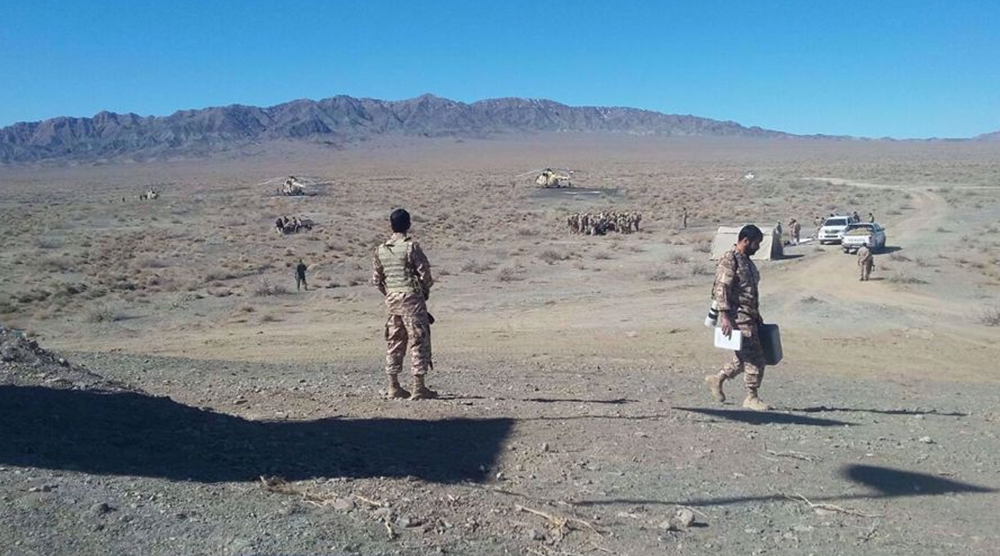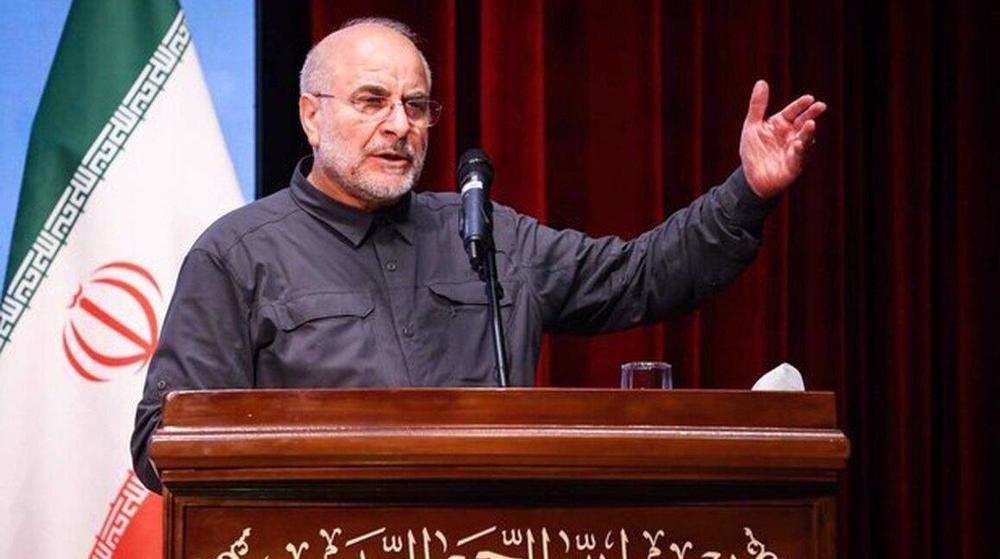Iran will continue to test, develop deterrent missiles: Commander
The senior spokesman of the Iranian Armed Forces says the country will continue to test and develop its missiles in line with its deterrence policy despite adversarial positions taken on this issue by US officials.
“Missile tests and the overall defensive capability of the Islamic Republic are for defense [purposes] and in line with our country’s deterrence [policy]…We will continue to both test and develop missiles," Brigadier General Abolfazl Shekarchi said on Sunday, adding, "This issue is outside the framework of any negotiations and is part of our national security. We will not ask any country's permission in this regard."
Iran assured regional countries that the Islamic Republic casts no eye on the interests of other countries, the commander said and added that such measures are only in line with boosting the country's deterrent and defense power.
Shekarchi made the remarks in reaction to an earlier allegation by US Secretary of State Mike Pompeo in a post on his Twitter account, claiming that Iran has "just test-fired a medium range ballistic missile" in violation of the United Nations Security Council Resolution 2231.
Pompeo condemned what he described as "growing" Tehran's "missile testing and missile proliferation," and called upon the Islamic Republic to cease these activities.
UN Security Council Resolution 2231 enshrined the 2015 international nuclear agreement, officially known as the Joint Comprehensive Plan of Action (JCPOA), from which Washington has withdrawn under the pretext that it should have included Iran's missile program as well.
Under the deal, reached between Iran and six major powers -- the United States, Britain, France, Germany, Russia and China -- Tehran agreed to put limits on its nuclear program in exchange for the removal of nuclear-related sanctions.
Earlier on Sunday, Iranian Foreign Ministry Spokesman Bahram Qassemi rejected Pompeo's claims against Iran's missile capabilities, saying the program is defensive and does not violate the international agreement on Tehran's nuclear program.
"Iran's missile program has a defensive nature and is designed according to the needs of the country," Qassemi added.
Iran's Defense Minister Brigadier General Amir Hatami also said on Sunday that the Islamic Republic is currently one of the world’s topmost missile powers despite being subject to severe sanctions during the past 40 years.
“Today, Iran is among the world’s topmost powers in building missiles, radars, armored vehicles and unmanned aerial vehicles (UAVs),” the Iranian defense minister said in an exclusive interview with IRNA, emphasizing that the country's defense power is meant to send the message of peace and friendship to other nations.
Elsewhere in his remarks, the senior spokesman of the Iranian Armed Forces pointed to recent US threats about the possibility of military action against Iran and said, "We are giving this warning that in case of any strategic error by the US and its allies in the region, they will receive such a strong slap in the face from the Islamic Republic that will make them regret [what they have done] forever."
Shekarchi added that American officials speak about military action against Tehran after they suffered repeated defeats at the hands of the resistance front.
He emphasized that individuals with low experience have come to power in the United States who "are not aware of the Islamic Republic's defensive and deterrent power and capability."
The Iranian military official then urged American officials to ask US military commanders in the Persian Gulf and the Strait of Hormuz about Iran's deterrent power before taking a stance.
US State Department's director of policy planning and head of Iran Action Group Brian Hook said on Thursday that military action against Iran could be possible should the United States' sanctions against the country fail to curb Tehran from threatening Washington's interests.
"We have been very clear with the Iranian regime that we will not hesitate to use military force when our interests are threatened," Hook said, adding, "I think right now, while we have the military option on the table, our preference is to use all of the tools that are at our disposal diplomatically."
His comments came a day after Leader of the Islamic Revolution Ayatollah Seyyed Ali Khamenei said Iran is not seeking war with any country, but the Armed Forces should develop their capabilities to deter any potential aggressor.
“That reality – alongside the need for the country to address the areas where it is lagging behind – necessitates additional and extraordinary diligence in all spheres, including the naval power,” the Leader said on Wednesday.
Iran warns US threats against nuclear sites endanger IAEA credibility, NPT
VIDEO | Trapped in displacement, Palestinians welcome 2026
From Zionism to Daesh, the battles that defined Gen. Soleimani's illustrious legacy
VIDEO | Press TV's news headlines
Iran intelligence ministry arrests 7 people tied to US-, Europe-based hostile groups
VIDEO | Israel halts operations of 37 aid groups in Gaza amid worsening humanitarian crisis
VIDEO | Al-Qassam Brigades confirms martyrdom of its spokesman Abu Obeidah
VIDEO | US economic indicators paint a false picture of the US economy














 This makes it easy to access the Press TV website
This makes it easy to access the Press TV website